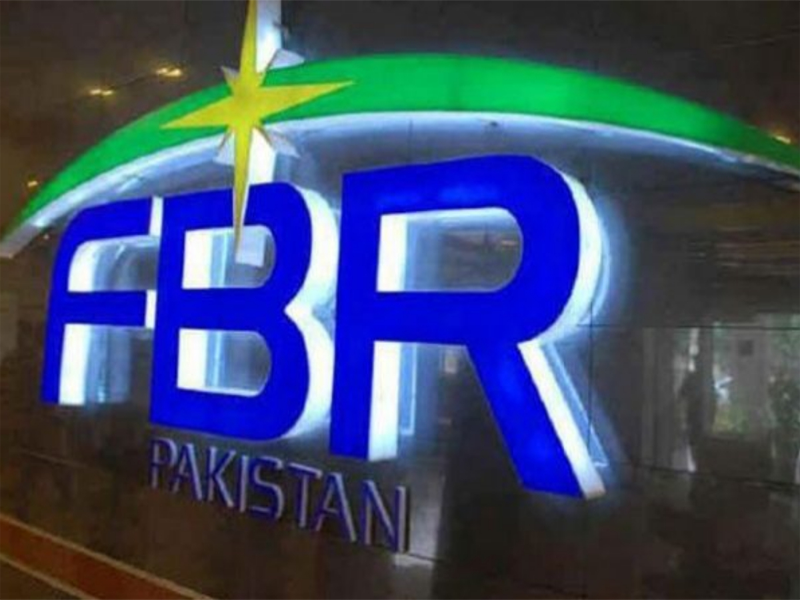FBR implements human monitoring for Afghan cargo

- 125
- 0
ISLAMABAD: The Federal Board of Revenue (FBR) has temporarily halted the satellite tracking of containers carrying imported goods to Afghanistan and shifted to human surveillance, a move that could increase the risk of smuggling.
This shift follows the termination of the license of TPL Trakker, the company that had been tracking container movements via GSM and satellite since 2013. The FBR handed the task of monitoring cargo to four companies selected based on their technical qualifications from four years ago, bypassing a competitive selection process. These companies, however, lack the experience and necessary equipment, such as Container Surveillance Devices (CSDs), to track containers effectively. Instead, they specialize in tracking vehicles through Prime Mover Devices (PMDs), which cannot monitor containers themselves. FBR's Director General for Transit Trade, Mohsin Rafique, confirmed that the companies were authorized to handle cargo tracking based on their technical evaluation by the Licensing Committee in April 2021. However, these firms are limited to tracking vehicles rather than containers, raising concerns over the potential for pilferage and smuggling.On December 27, 2024, the FBR issued new Standard Operating Procedures (SOPs) for bonded cargo movement.
These procedures outlined that Customs offices along the transit route and the Collectorate of Customs Enforcement in Karachi should deploy additional human resources to conduct interim monitoring of cargo. This shift from satellite tracking to human-driven surveillance has raised alarm among transporters and industry experts who warn that it could compromise security. The FBR's abrupt termination of TPL Trakker's license has been criticized, as no effective alternative was in place to ensure cargo security. The new contractors do not have the necessary expertise or equipment to monitor containers securely. While PMDs installed on vehicles can track their movement, they cannot monitor container-specific activities, as the containers themselves need specialized CSDs. These devices are currently in short supply, and no companies other than TPL Trakker have access to them. During a Licensing Committee meeting on December 31, the newly selected firms admitted that they only have PMDs available. Despite their limitations, the committee allowed them to begin interim operations at Karachi's Old Custom House.
FBR officials acknowledged that the lack of CSDs would delay the resumption of full container tracking until the devices become available. Transporters have voiced concerns over increased costs associated with the new system. They are now required to pay Rs20,000 for installing PMDs on vehicles and Rs5,278 per trip to the newly selected contractors. To mitigate risks, the FBR has implemented measures such as scanning cargo at ports of origin and destination, centralized real-time monitoring, and convoy movements under Customs escorts. The FBR justified the decision by citing TPL Trakker's inability to provide live satellite tracking and its operational halt due to IT issues. However, TPL Trakker denied the FBR's claims, explaining that its IT system had been down for only a short period due to a cyberattack in June 2024 and that it had restored full functionality afterward. The company also disputed claims of inadequate satellite tracking, asserting that it had used hybrid devices combining GSM and satellite technologies.

















































